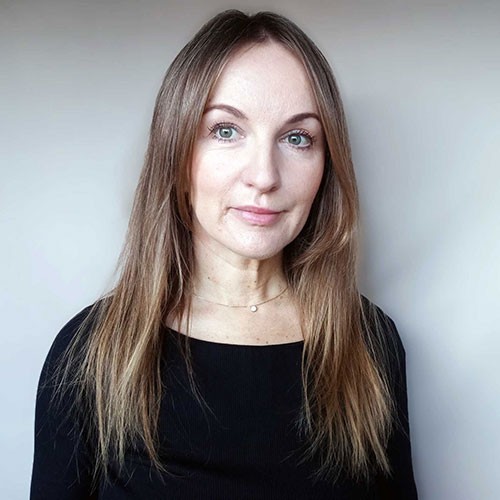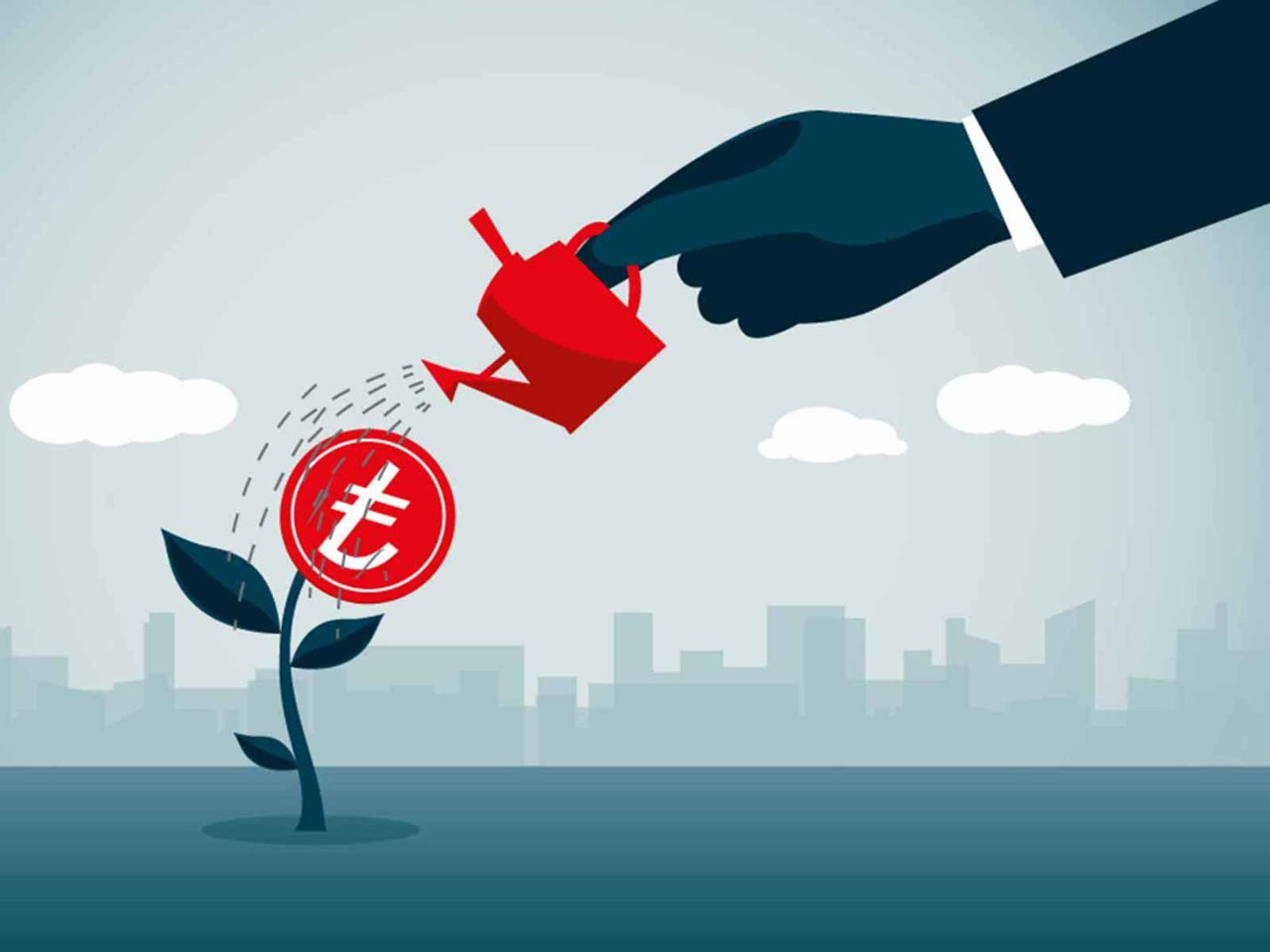
Life could have been very different for Samuel Munzele Maimbo FCCA, the World Bank’s vice president for budget, performance review and strategic planning. In fact, were it not for the advice given to him by his father to take up a more traditional profession, he would have pursued his love of painting instead.
But it turned out that he found he loved accountancy as well. ‘I love its clarity and that it explains how a business works,’ he says, speaking from the World Bank’s offices in Washington, DC. And now, he is happy to report that some of his artwork adorns the walls of the global finance institution he has worked for over the past 23 years, some of which he has been able to sell for charity.
‘We need to see what is coming so that we can consider how we can support our staff on the ground’
Growing up in Zambia, Samuel graduated from Copperbelt University with a degree in accountancy in 1994. Following brief stints at Meridien BIAO Bank and PwC, he joined the Bank of Zambia as an inspector. Then followed a period of study at the universities of Nottingham and Manchester in the UK, where he became an avid Manchester United Football Club supporter. Finally, just after the turn of the century, he joined the World Bank.
Many career paths
‘I honestly did not think I would stay here for more than a couple of years,’ Samuel says. ‘But I soon learned that the world of development offered many different career paths. I spent the first 18 years working in the South Asia, sub-Saharan Africa & Europe and Central Asia regions as a financial sector specialist.’
In the past five years, he has served as senior adviser to the World Bank’s managing director and group CFO, then director for resource mobilisation and corporate finance, and chief of staff to two World Bank Group presidents. Then, last July, he became vice president for budget, performance review and strategic planning, overseeing more than 450 staff based in Washington and 140 country offices.
Samuel’s job mainly entails aligning the World Bank’s budget with its strategic priorities, financial sustainability objectives, efficiency targets and business needs. The bank has an annual operating budget of US$5bn (FY24), including external funds of US$1.8bn. It also has an annual capital budget for managing its technology and other investments of US$216m.
‘The world is looking to us for solutions’

‘Frankly, however, the numbers that excite and get me out of bed every morning are those related to the work the World Bank does around the world in response to the deeply intertwined challenges of poverty, pandemics, climate change, debt, conflict, food insecurity and fragility,’ he says. ‘These are eroding decades of hard-won development progress, and the world is looking to us for solutions.’
Strategic approach
As the impressively long job title suggests, Samuel’s role covers a number of related aspects of the workings of the bank; he ensures that it is ‘efficient, effective and prudent while delivering on its objectives’. It is, he says, an ‘exceptionally lean institution’. His role also requires him to be forward looking and strategic. ‘We need to see what is coming – there have been more challenges in recent times, with greater stress – so that we can consider how we can support our staff on the ground,’ he says.
The World Bank gets its funding from three main sources. A cooperative of member countries provides capital, while the bank itself is able to tap the capital markets; with a triple-A rating, it is seen as one of the largest players. It can then also go to donor countries for ‘special contributions’ to help fund individual projects.
Aside from funding projects, the bank is also known for its knowledge, Samuel says: ‘We have a huge local presence and have regular strategic discussions with governments that can be resource constrained, so we help put these resources to the best use.’
‘Our hope is to refocus not just as a funding mechanism but as a knowledge mechanism’
CV
2023
Vice president – budget, performance review and strategic planning, World Bank, Washington DC, US
2022
Chief of staff, office of the president, World Bank
2020
Director, International Development Association resource mobilisation and International Bank of Reconstruction and Development corporate finance, World Bank
2017
Senior adviser to the World Bank managing director and group CFO
2015
Practice manager, strategy & operations and practice manager for long-term finance and risk management, finance markets, World Bank
2002-14
Senior finance positions in the Asia, sub-Saharan Africa & Europe and Central Asia regions, World Bank
1995
Senior inspector, Bank of Zambia
1995
Auditor, PwC, Zambia
Efficiency drive
In October 2023, the World Bank adopted a new mission and vision, launching an ambitious programme to quicken its pace, increase its efficiency and simplify its processes. ‘We are becoming more efficient – incentivising output, not input, and ensuring we focus less on money out the door and more on how many girls are in school, how many jobs are created, how many tons of carbon dioxide emissions are avoided, and how many private sector dollars are mobilised,’ Samuel explains. ‘Our hope is to refocus the World Bank to confront challenges not just as a bank, as a funding mechanism, but as a knowledge mechanism.’
Samuel likes an early start; a good day will begin with a 5km run at 5am before arriving at his office to prepare for meetings. One-third of his time will be spent working with partners around the bank to understand their needs. Another third will focus on dealing with challenging operational situations, such as the evacuation of staff from a country in military conflict. The final third is spent with his 465-strong, geographically dispersed team. ‘I am always looking out for ways in which we can improve,’ he says, adding that he is very keen to encourage ACCA students to spend time with the bank.
‘I don’t think I could keep up with my work if I didn’t paint; it forces you to look at things differently’
Passion for Africa
He remains very passionate about the continent of Africa. ‘There are a lot of good things happening on the continent,’ he says. ‘The private sector is more resilient to crises now than it was in the past, but many countries are being held back by a deterioration of governance.’ He acknowledges that changes in governments, coups and refugees are all placing strains on neighbouring countries, and that the high levels of national debt are now unsustainable.
But he remains optimistic; the young population, he believes, can be put to the continent’s benefit if entrepreneurial skills are developed. While technological advances such as mobile payment systems could be a great benefit, health concerns, such as malaria and HIV/Aids, continue to haunt many countries. ‘But the tide is turning,’ he believes.
He describes his own journey from Zambia to Washington as one of constant learning: ‘I wouldn’t have scripted it this way; I didn’t know what was out there.’ He urges young professionals to be open to new opportunities, and to find the very best mentors. ‘I learn every day, I come out of every single meeting knowing something new.’
And in recent years, he has rediscovered his love of painting. ‘Since resuming, I haven’t put my brushes back down again. In fact, I don’t think I could keep up with my work if I didn’t paint. It helps me resolve issues; painting forces you to look at things differently. And if I make a mistake, I know I can paint it over again.’



